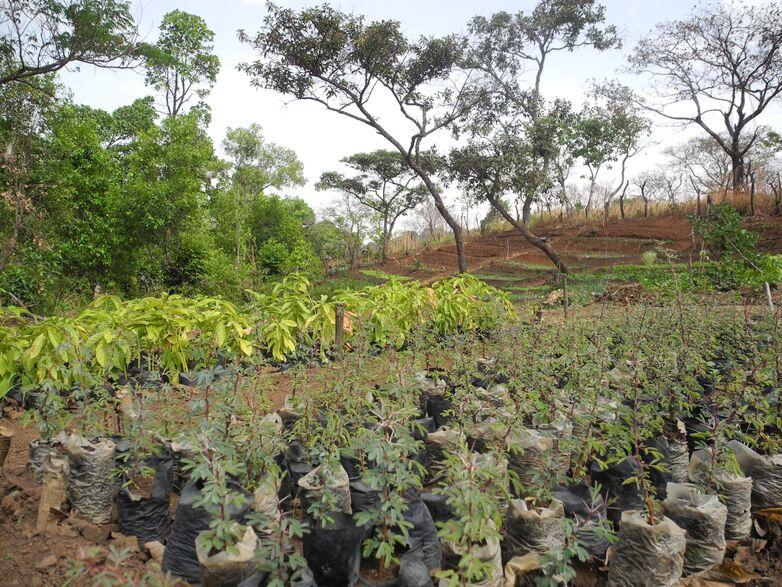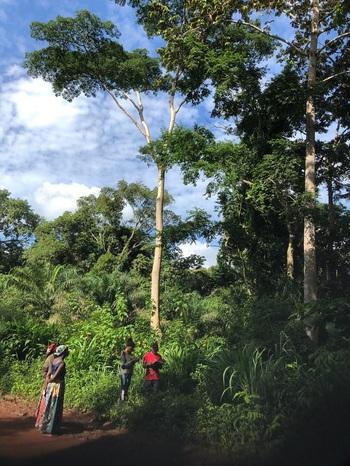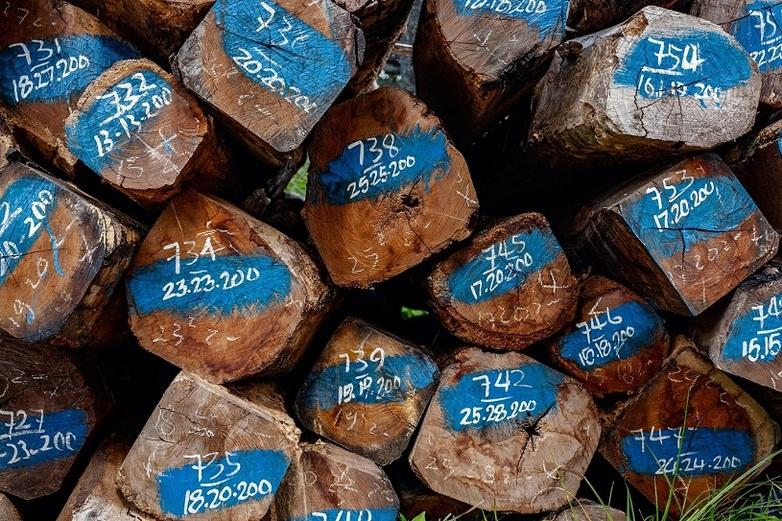Context
Forests are home to some 80 per cent of terrestrial animal and plant species and thus provide livelihoods for one in five people. So far, however, the ambitious forest protection goals agreed by international governments have not been implemented sufficiently. There is political will in the partner countries, but it is being inhibited by weak governance and a lack of coordination of individual measures. For example, more than 12.2 million hectares of tropical forest are lost each year – and with them a major carbon sink.
Forest landscape restoration (FLR) is therefore an important measure in combating climate change.
Objective
Forests and tree-rich, fertile landscapes have been restored in Benin, Cameroon, Côte d’Ivoire, Ethiopia, Madagascar and Togo. Governance in the forest sector has improved.


